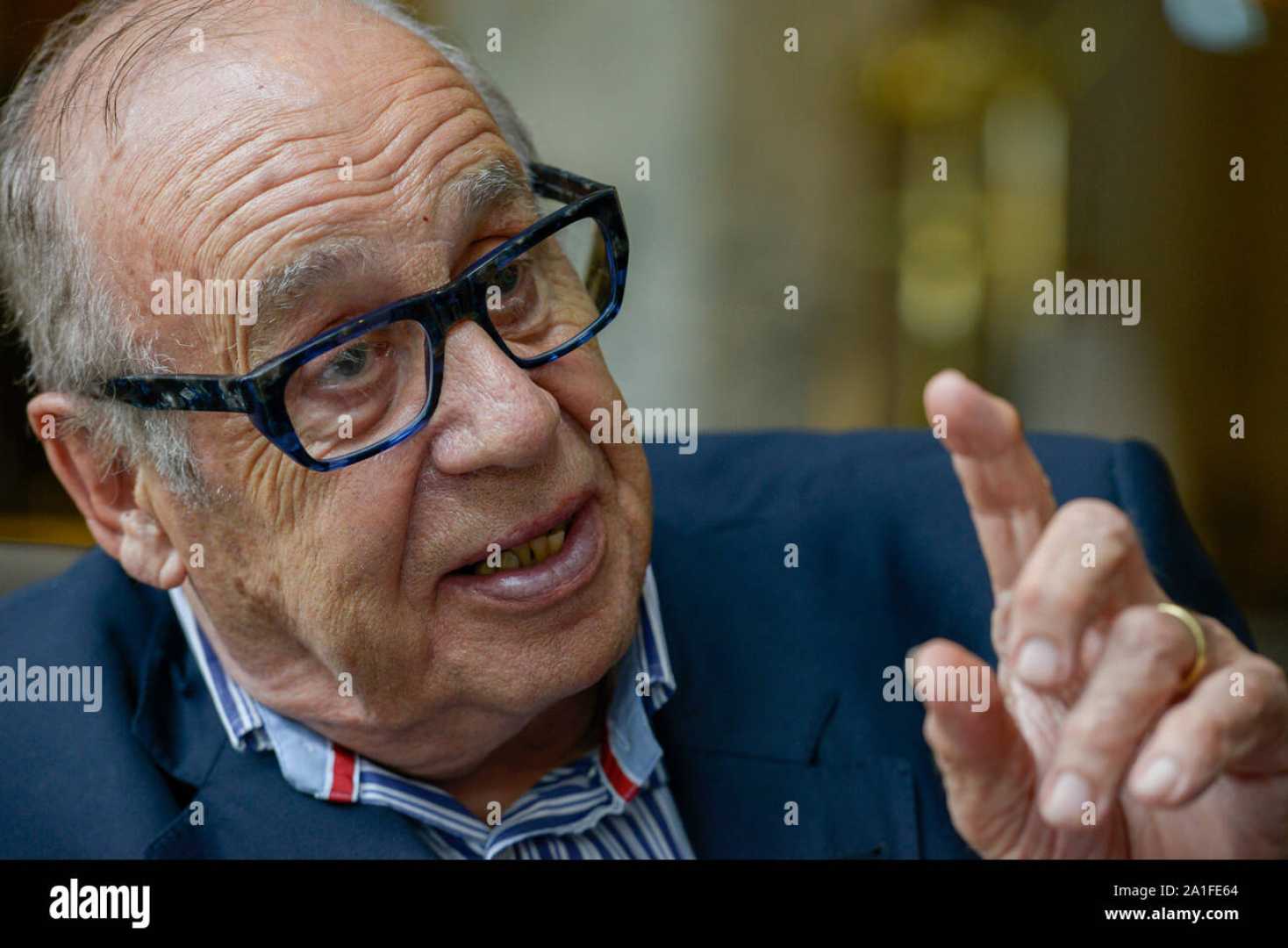World
Jean Ziegler: Switzerland’s Conscience in a Global Crisis

GENEVA, Switzerland — Jean Ziegler, a prominent Swiss sociologist and politician, has spent over six decades exposing the ways Switzerland enables global injustice. From his early encounters with revolutionary figures like Che Guevara to his relentless defense of oppressed nations, Ziegler has become a polarizing figure in Switzerland’s intellectual landscape.
In 1964, Ziegler received a phone call from a representative of Guevara, inviting him to serve as chauffeur during the Cuban revolutionary’s visit to Geneva for a UN conference. This moment marked the beginning of a lifelong commitment to social justice, catalyzed by his observations of poverty and exploitation around the globe.
Born into an upper-middle-class family, Ziegler’s travels through regions suffering under colonialism and capitalism shaped his worldview. He witnessed the devastating impacts of imperial power in places like the Belgian Congo and the wars of independence in Algeria. These experiences ignited his resolve to challenge the systemic injustices he encountered, ultimately framing Switzerland as a silent enabler of global exploitation.
“Blood may not run down the walls of the UBS headquarters,” Ziegler stated during an interview in June 2021, “but it’s as if it did. The wellbeing of Swiss people is financed by death and famine.” His critiques highlight the contradictions inherent in a nation that prides itself on its neutrality and human rights advocacy.
Geneva, a global hub for international organizations, became Ziegler’s battleground. With nearly half of its residents being non-Swiss nationals and multinational companies operating in its borders, Ziegler exposes the city’s dual role in facilitating wealth and shielding it from accountability.
According to Public Eye, a research nonprofit, Switzerland has long served as a primary trading center for commodities like grain and oil. Up until recently, it was estimated that up to 60% of Russian crude oil was traded from Geneva. Ziegler argues that these commercial practices reflect Switzerland’s broader complicity in economic imperialism.
His exposé of the nation’s financial practices culminated in works such as “Switzerland: The Awful Truth,” where he delineates the darker aspects of Swiss banking, particularly its historical alignment with oppressive regimes.
“In Switzerland, the handling of money has a quasi-sacramental character,” Ziegler argues. He suggests that institutions are complicit in facilitating illicit activities, with Swiss banks accepting vast sums of money from dictators while disregarding their implications.
Over his career, Ziegler has faced significant backlash for his views, including multiple defamation lawsuits that threaten to bankrupt him. He has been accused of treason by conservative factions, which claim his criticisms undermine Switzerland’s integrity.
Despite the attacks, Ziegler remains steadfast in his mission. He views Switzerland as a model for observing the mechanisms of capitalism, asserting that “once I saw what was going on, I couldn’t not denounce it.” His work has sparked dialogue around the moral implications of wealth and the hidden capabilities of financial systems.
As he ages into his nineties, Ziegler reflects on his contentious relationship with his homeland. His legacy is one of unyielding moral scrutiny, and while he questions the impact he has made within Switzerland, he believes the conversations ignited by his work are crucial for global recognition of hidden injustices.
“The fact that this tiny country is such a powerful offshore center is astonishing,” Ziegler notes. “But it means that wealth comes at a cost, and acknowledging that cost is the first step toward accountability.” His life’s work continues to resonate, pushing pressing concerns of inequality and exploitation into public discourse.












